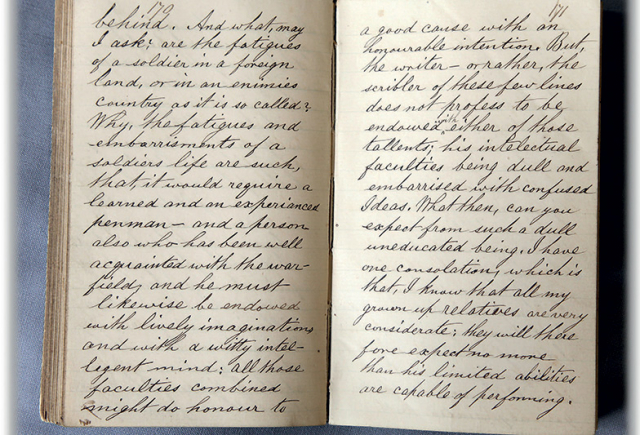What Have Historians Been Arguing About... the consequences of the industrial revolution
Teaching History feature

The British industrial revolution stands out as a pivotal moment in human history. Its timing, causes and consequences have all been major topics of historical enquiry for well over one hundred years. Many of the great Victorian commentators – Engels, Dickens, Blake to name a few – who lived through the social and economic changes that historians would later label the ‘industrial revolution’ regarded them as highly significant. Yet it is striking that middle-class writers and thinkers of the period tended to paint a dark picture of the changes occurring around them. They drew attention to the introduction of new working patterns which compelled workers to toil at the relentless pace of the machines; children forced into factories and down mines at ever younger ages; and families squeezed into dark, disease-ridden cities. Of course, there were a handful of writers who believed that industrialisation was bringing benefits to rank-and-file workers, yet such bright interpretations were comparatively rare...
This resource is FREE for Secondary HA Members.
Non HA Members can get instant access for £2.49

